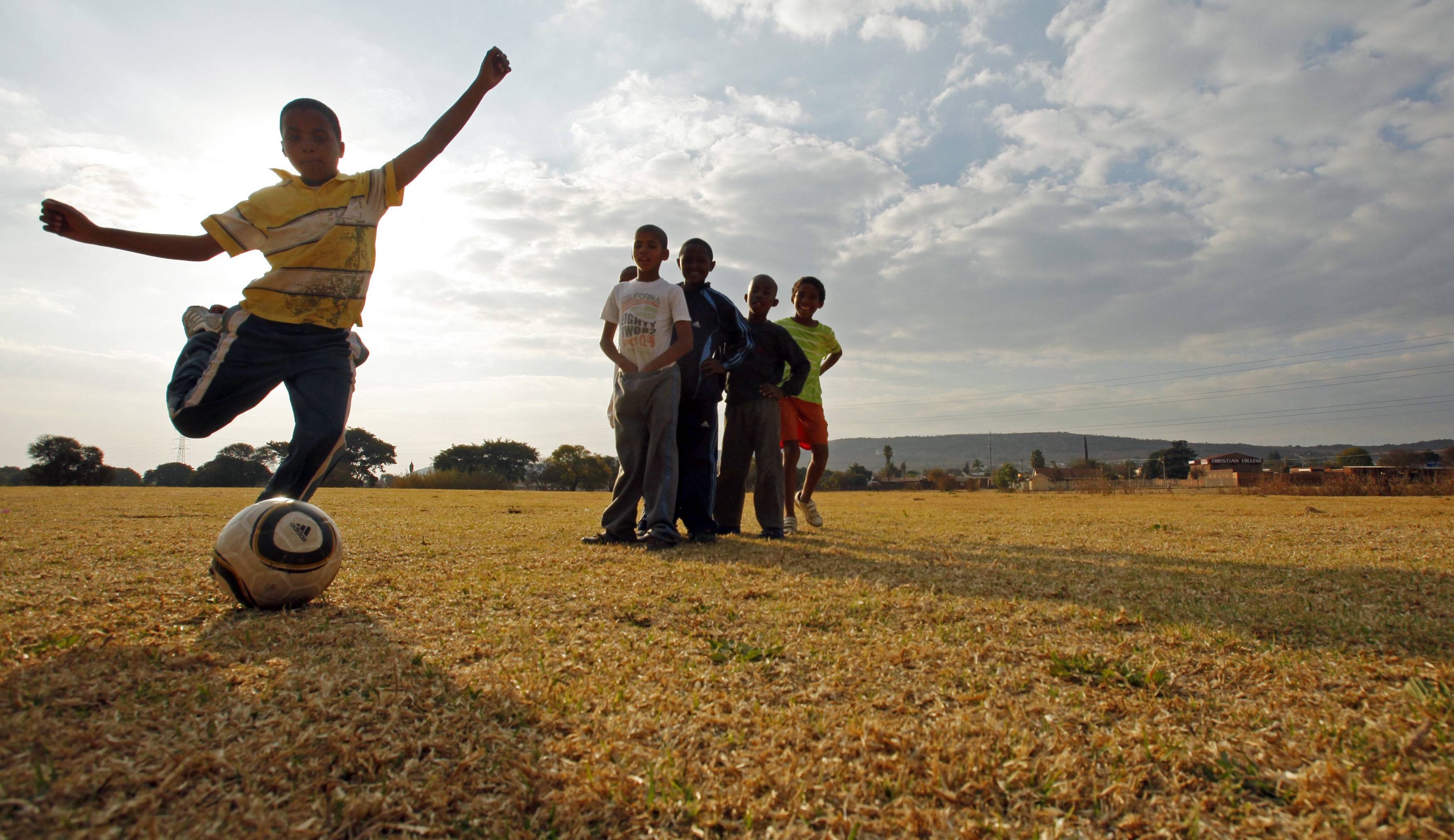Sports fans can be a rough and tumble group: shouting at players, arguing among themselves and fans from the other team, and sometimes it gets ugly. Emotions run hot for people who are dedicated to various professional sports teams. Even the Chicago Cubs have die-hard fans who are waiting for their chance to win the World Series since they last won it in 1908.
It’s difficult to maintain some kind of equilibrium on the sidelines when so much is at stake in a game. Put into proper perspective, that sounds, let’s say, “unrealistic,” to be charitable (or maybe “a little crazy” is better).
However, put into the context of parents as “fans” on the sidelines of their children’s sports, it becomes unbelievably clear that everyone should be reminded these children are playing a game.
I’ve seen parents so emotionally charged at the end of whatever game their children are playing that they take their outrage to the parking lot and sometimes embarrass not only themselves but also their children as well.
Shame on us as parents if we can’t find a way to cheer on a good player, no matter whether he/she is on our team or the opposing team. Healthy competition can be good, but once it travels beyond that, the coach should rein in the players; but the job of pulling parents back from the brink is murkier.
We all need to review our levels of enthusiasm for our children’s sports, especially if this is not his or her gift. Stop, take a deep breath and say a silent prayer before settling down to watch a game.
Often, school teams pray before games as a group, inviting spectators and players to join in the same prayer, not one in each camp trying to talk God into being on their side. They shake hands before the game and then again after it concludes.
If we want our children to grow up respecting the rights of others, we have to take our outrage out of the game, away from the sports venues and introduce tolerance, civility and concern for everyone. It can happen; I’ve seen it, not often, but it does exist.
When enrolling children in school, it’s also time to reflect and pray about the best possible place for our children, a place that is safe and nurturing, with values and beliefs we hold dear.
For instance, some parents who enroll their children in small Catholic schools consider moving them to larger schools around fifth or sixth grade, not because of problems with teaching or learning but because sports teams begin to take on real meaning.
Idealistically or irrationally, some parents believe their children will be the next professional basketball, baseball or lacrosse players and should go to bigger schools with purportedly better teams. Those parents need to think about their children, not their visions of fame and fortune in the world of sports.
When my 5-foot-10 daughter was in high school, I saw a basketball scholarship in my future. Didn’t happen. She was not a highly motivated and rabidly competitive player. I settled for academic scholarships instead.
I also had less than complimentary thoughts about a coach who didn’t play her enough during a game. We all want what’s best for our children, and sometimes we become so wrapped up in our idea of what’s right, we’ve lost track of our children, their needs and capabilities versus our expectations and demands. I let it go, and we all moved on.
St. Paul exhorted the Corinthians: “Do you not know that runners in the stadium all run in the race, but only one wins the prize? Run so as to win” (1 Cor 9:24).
But he was talking about winning everlasting life rather than a transient prize won for a particular race. Our “race” takes a lifetime of faith and practice so that we can win the real prize of everlasting life.
Liz Quirin is editor of The Messenger, the newspaper of the Diocese of Belleville, Ill.

